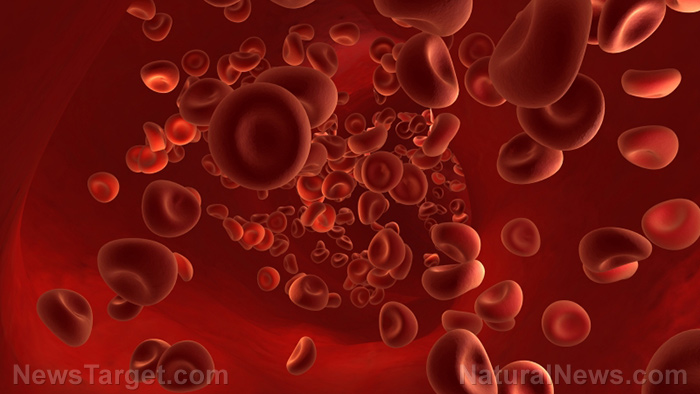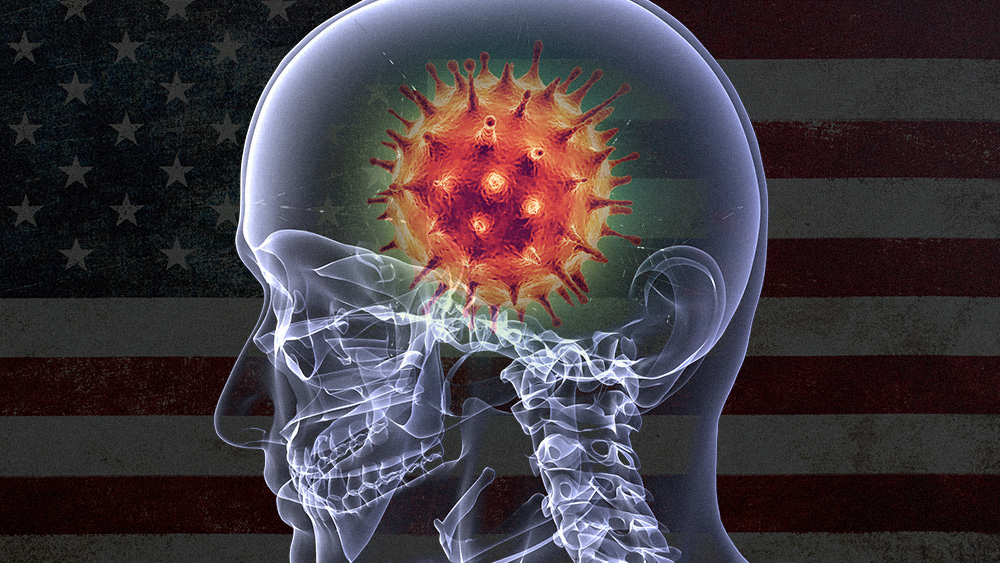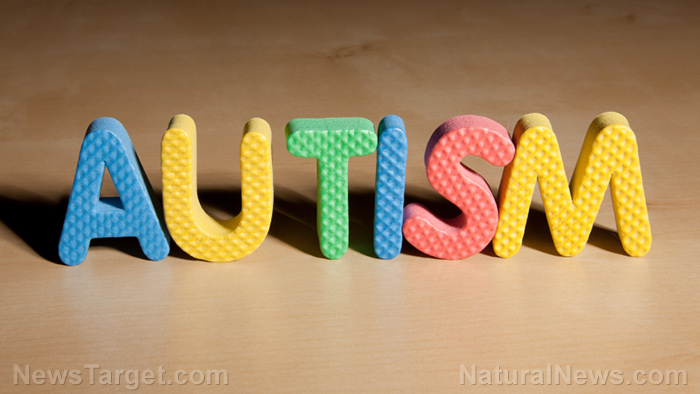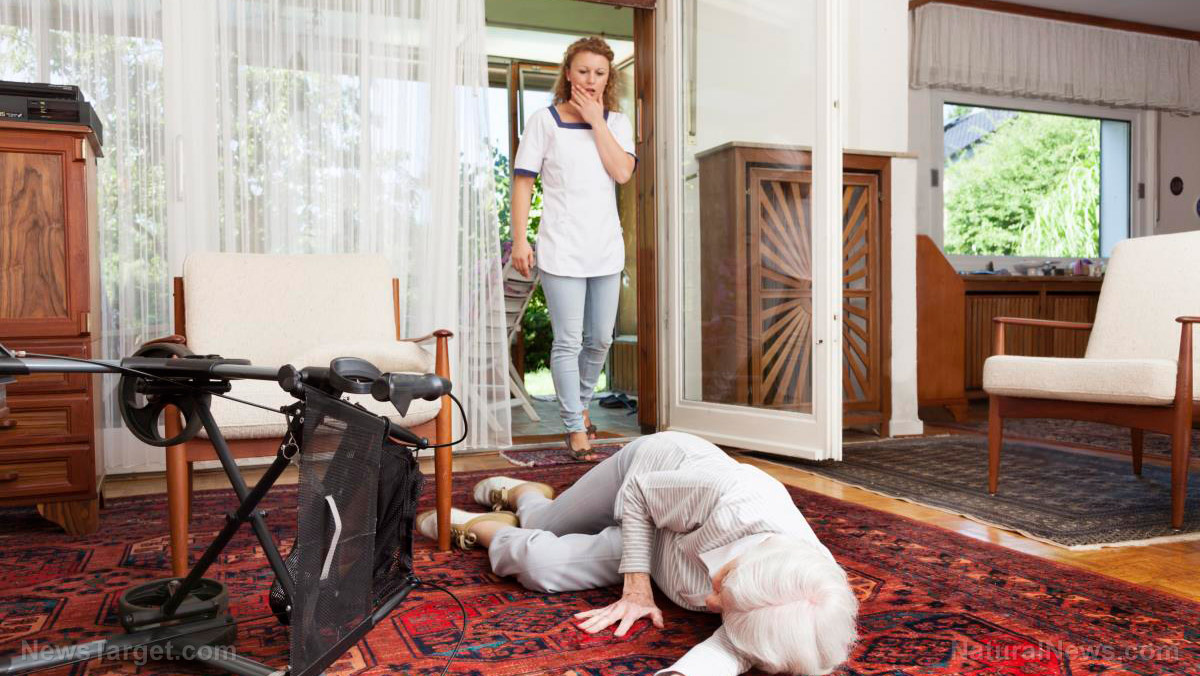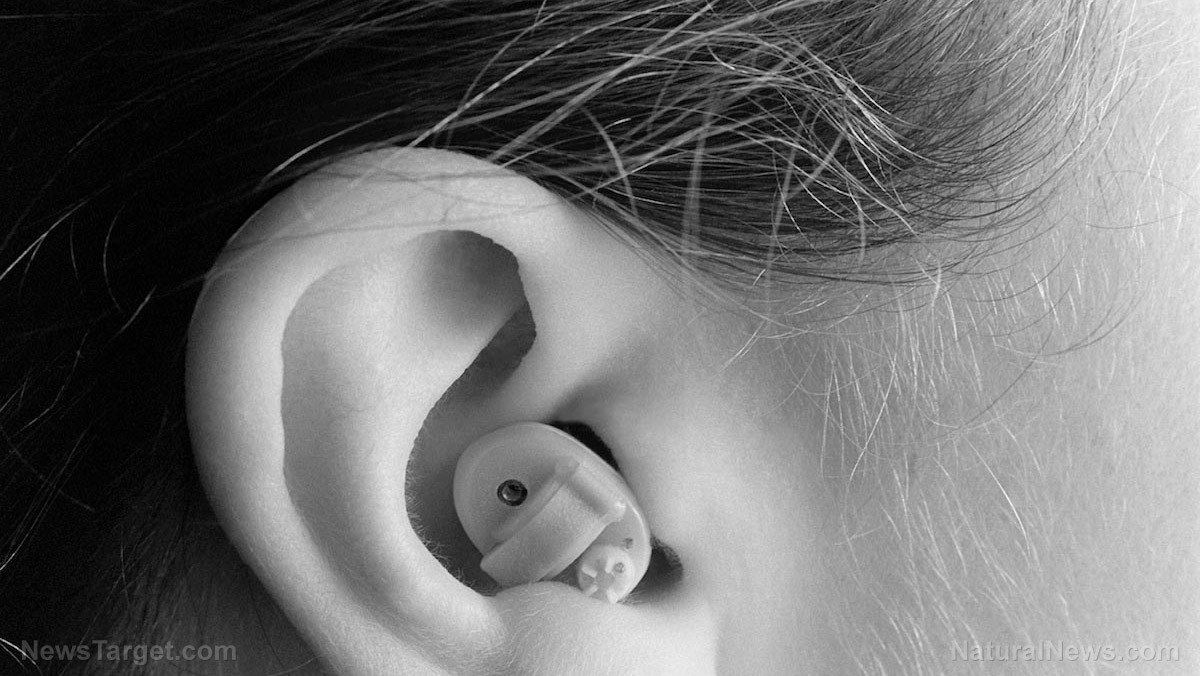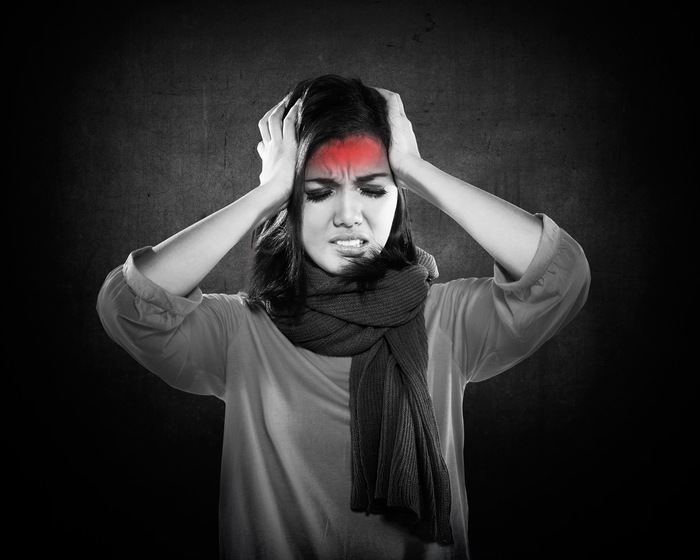People with aphasia can “reclaim” their voice with speech therapy
06/23/2020 / By Divina Ramirez

Aphasia is a neurological condition caused by damage to areas of the brain that govern speech and comprehension. While aphasia impairs a person’s ability to speak, how it does so varies from person to person. It can also affect how the person understands speech, written sentences, numbers and gestures. Aphasia, however, does not affect intelligence.
The condition is among the common complications of patients who have survived a stroke.
Aphasia: types and causes
Broca’s aphasia, also known as expressive aphasia, severely limits speech to short utterances and makes it difficult for an individual to form full and coherent sentences. Patients with Broca’s aphasia may say “Walk dog” instead of “I will take the dog for a walk.”
Wernicke’s aphasia, meanwhile, affects comprehension. Someone with Wernicke’s aphasia can utter long sentences just fine, but the content of their speech may include irrelevant words and gibberish.
Global aphasia, the most severe type of aphasia, affects both speech and comprehension. A person with global aphasia can hardly utter recognizable words and understand spoken language. Global aphasia can be observed immediately after a stroke, and, if left untreated, can result in long-term disability.
Speech therapy is an effective method of treatment
People with aphasia can relearn to communicate through speech therapy. Speech therapy works much like physical therapy for rehabilitation after stroke, but instead of mobility, speech therapy focuses on communication and guides an individual as he or she relearns the ability to speak, write and understand language.
Before undergoing therapy, a speech-language pathologist will first evaluate a patient’s ability to communicate, identify items and follow commands. Once the speech-language pathologist has determined the nature of the disorder, a speech therapist can then begin the coaching program, based on the former’s recommendations.
With speech therapy, a stroke patient can notice improvements in just a few months. But before a person can relearn to communicate successfully, he has to undergo significant one-on-one repetitive therapy sessions. Such sessions might include repetitive recall exercises to get a patient to make correct associations between words and pictures.
Speech therapists may also use music to help patients remember words and understand sentences. Some aphasia patients have been known to sing entire songs even if they can barely speak complete sentences. (Related: Active music therapy increases brain activation.)
The importance of family, friends and other stroke patients in recovery
It’s not uncommon for people with aphasia to struggle with anxiety. A recent study published in Aphasiology revealed that people with aphasia after stroke are more likely to develop anxiety than those without.
In stroke patients, anxiety can complicate therapy, which is why it is crucial to involve family members and close friends in the recovery process. Speech therapists often encourage friends and family to attend sessions for support. Involvement in the sessions also allows loved ones to learn how to best care for the stroke patient, especially after speech therapy.
Group sessions also help support recovery since patients can interact with each other. Much like support groups, group sessions allow patients to share experiences and learn from each other’s communication skills.
People with aphasia can make great progress with their communication skills with speech therapy.
Visit Brain.news for more stories on aphasia and other stroke complications.
Sources include:
Tagged Under: aphasia, brain health, disease treatments, longevity, natural cures, nervous system, speech therapy, stroke, stroke recovery, therapies
RECENT NEWS & ARTICLES
COPYRIGHT © 2017 BRAIN NEWS


